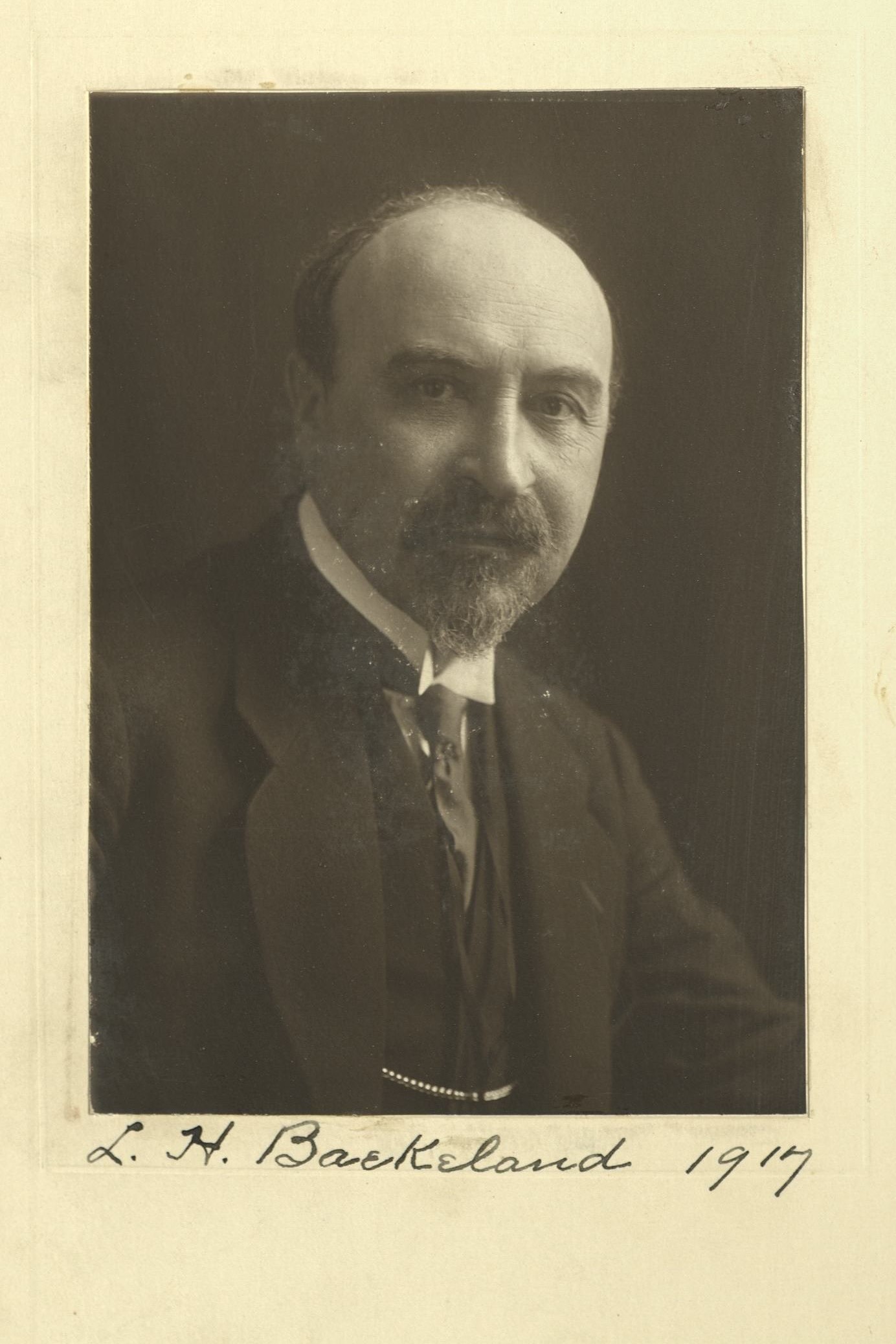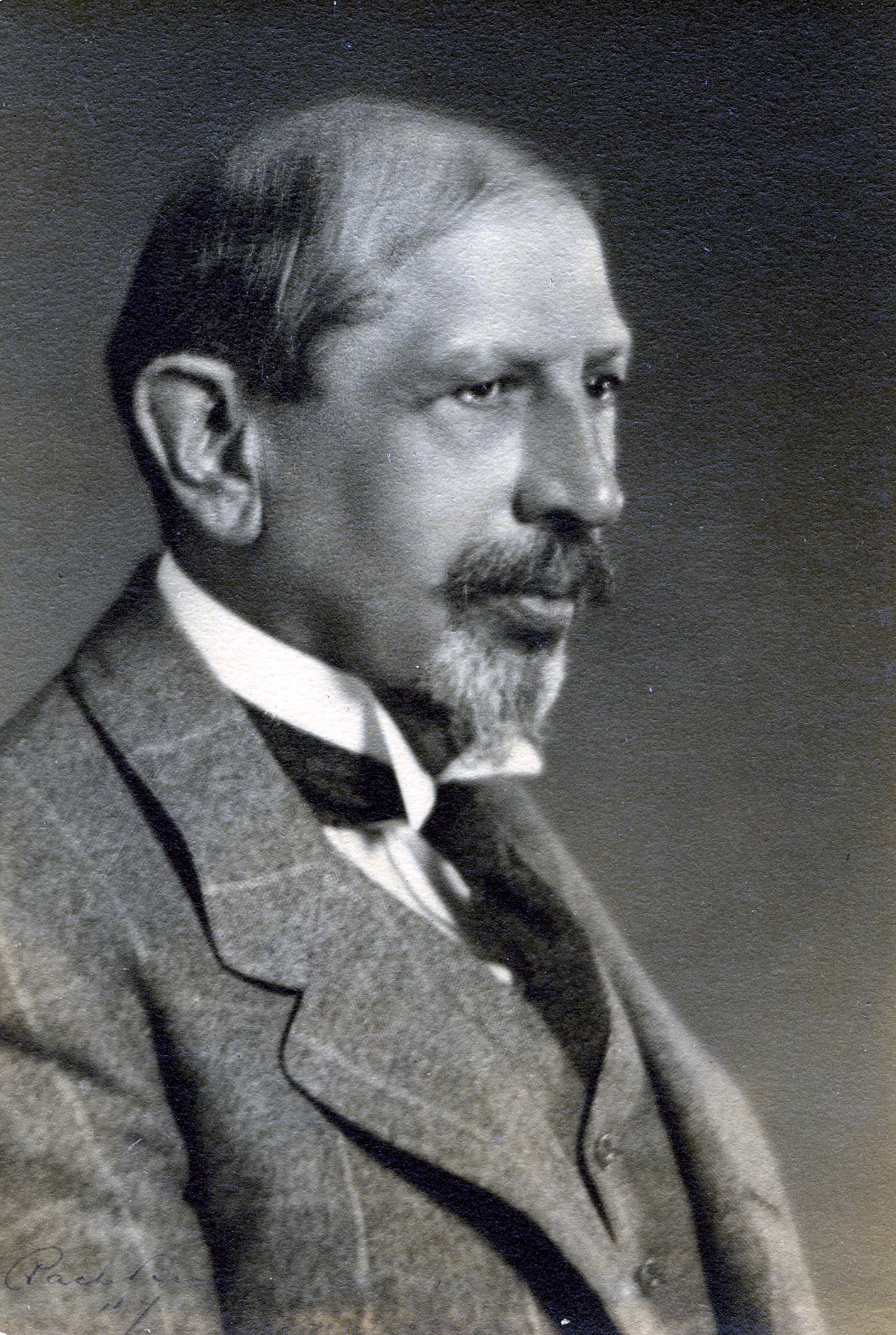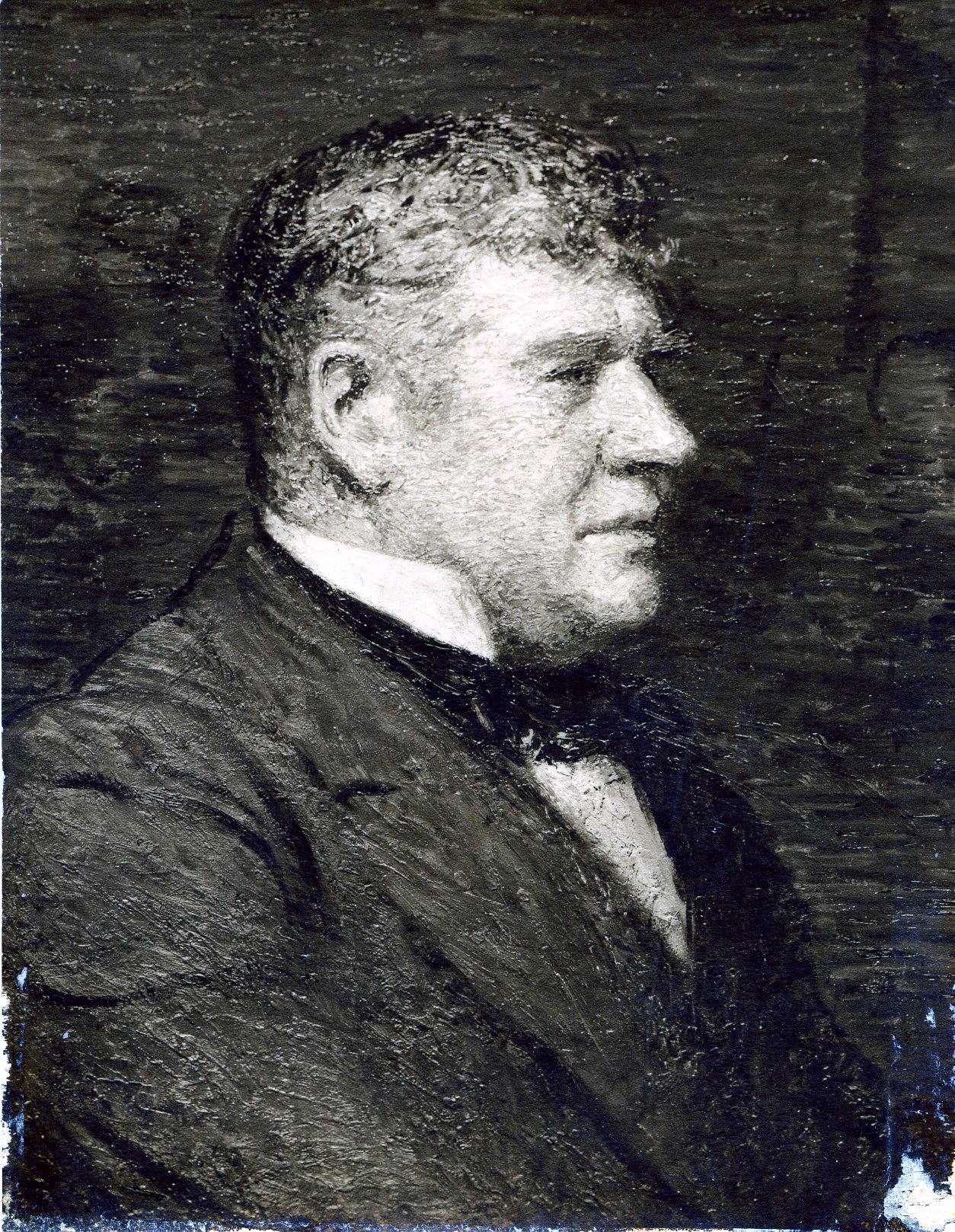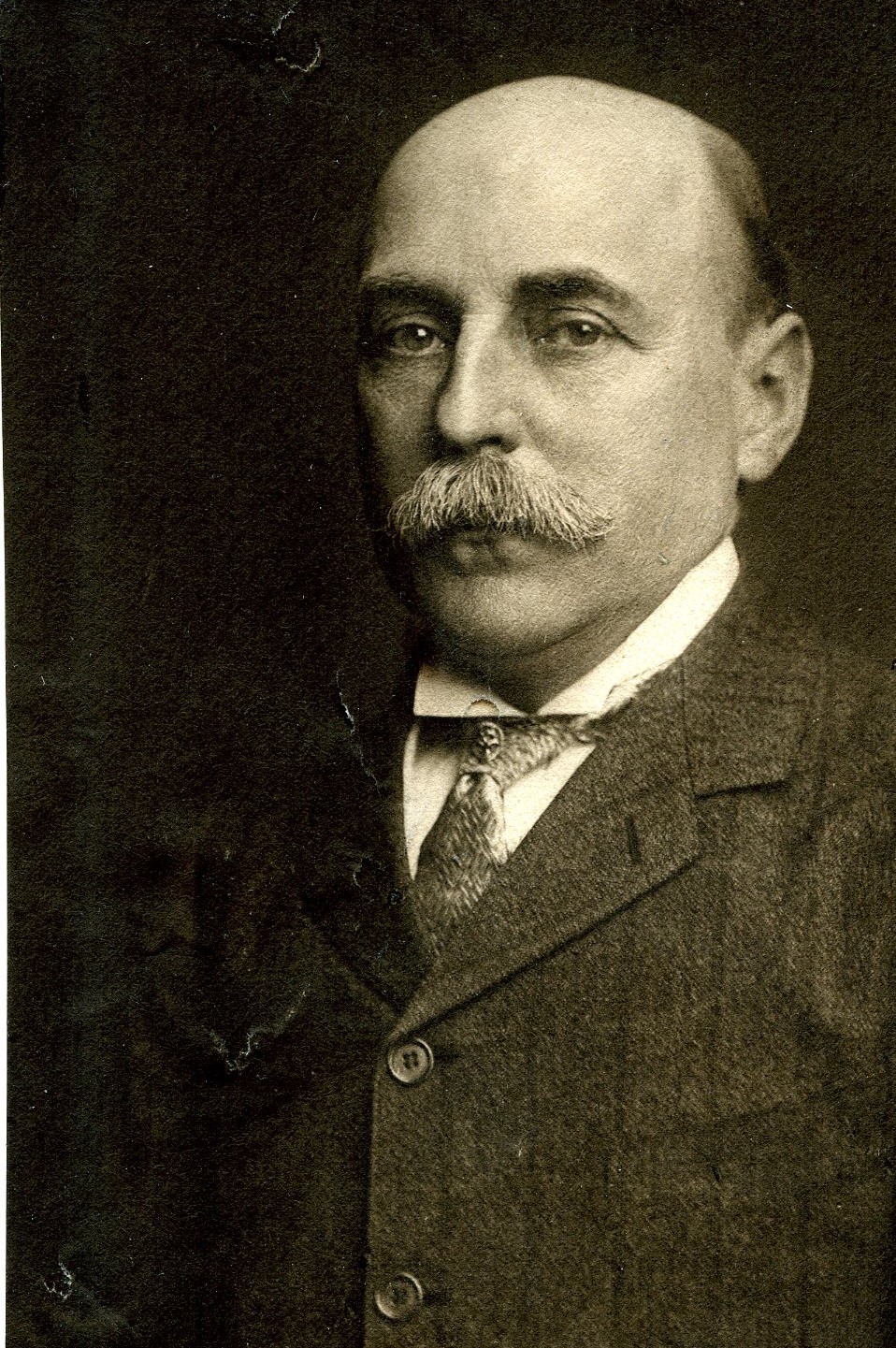Member Directory,
1847 - 1922
Newell Martin
Lawyer
Centurion, 1900–1941
Edward B. Whitney and Samuel Isham
Ningbo, Zhejiang, China
Huntington, New York
Age forty-six
Bronx, New York

Century Memorial
At the Century House, Newell Martin is remembered not so much as an ornament of the New York Bar as a learned, witty, and young-hearted companion of such good Centurions as Robert Bridges, George S. Fraser, Ellwood Hendrick, and Dr. [Leo Hendrik] Baekeland.
He was born in Ming Po [Ningbo], the son of Dr. W. A. P. Martin, who had accompanied Commodore Matthew G. Perry on the regrettable expedition to Japan in 1852–54. Prepared in China by his learned mother and father, he entered Yale at fifteen, and later received his law degree at Columbia. Among his many lifelong interests were the law, baseball, swimming, oriental history, alcoholic beverages, mountain climbing, card playing, and the Bible, which he knew by heart.
He is recalled with delight by members of the Committee on Admissions to whom he used to send printed pamphlets in support of candidates. These “tracts,” as he called them, ran to several thousand words each and were packed with literary and historical allusion, comments on life in the Century Club, and—during the dark years—attacks on the perpetrators of Prohibition. He closed one of these tracts with mention of “a college song, now obsolete, that was taught to me by Noah Porter, President of Yale, in my far-off youth, when the Goddess of Liberty had not yet become a decayed gentlewoman. It runs thus:
“‘I wish I had a barrel of rum, and sugar, three hundred pound,
“‘The chapel bell to mix it in, and the clapper to stir it round.’”
In his pamphlet seconding the nomination of a physician, he declared that a good doctor is “eligible to any group of artists and philosophers”; he has to know “much of many arts and sciences, and is apt to be particularly adept in the art of social intercourse. I myself would rather be here when there are ten good doctors at the fireside than even when it is crowded with lyric poets. A lawyer naturally looks up to a doctor as to one who lives in a higher, purer air, a loftier ethic. The doctors surpass us in morals as well as manners. Consider the lawyers of this town. They heal not, neither do they cure. Yet not Solomon in all his glory had the income of one of these. When we lawyers teach law students, we fill our lectures with medieval bunk. . . . We lawyers are smothering the American Commonwealth under a mattress of two million laws, on which we grow fat. Forty-nine bicameral gangs of lawyers perpetually make new laws. But the doctors use their scanty leisure to teach all they know. . . . When an old pestilence or a new one tends to enrich them, the doctors search unceasingly to extirpate this source of profit.”
The candidate, Martin argued, “is appropriate in the company of men whose thoughts are bent on works of imagination; for his specialty has made him a deep student of the scientific aspects of sex; and sex has to do with the origin of half our art and literature. . . . A man with whom sex is a matter of science should be welcomed by men to whom sex is a source of art.”
Geoffrey Parsons
1941 Century Memorials





